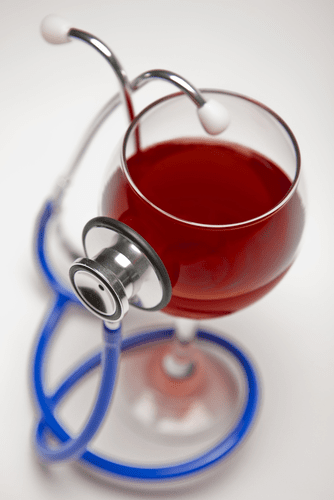So naturally, you might be wondering whether taking a break from booze could improve your shuteye. Overall, your sleep is likely to be shorter, lighter, and more interrupted when you have alcohol in your system. Here’s what else to know about the relationship between nightcaps and your nightly rest.

Best Nightcap Drinks for Sleep
For those with sleep apnea, drinking alcohol increases the frequency of hypopneas by almost 33 percent (Taveira, et al., 2018). Your body has a natural 24-hour internal clock called your circadian rhythm. Think of it as your does liquor help you sleep body’s built-in timekeeper that helps regulate when you feel sleepy or alert. This rhythm responds to environmental signals like sunlight and darkness, triggering your body to release hormones like melatonin (your natural sleep hormone) when it’s time to rest. Being a sedative and depressant of the central nervous system, alcohol can increase feelings of tiredness and sluggishness.
Why alcohol makes you feel sleepy

While alcohol can make you feel tired in the short term to help you fall asleep, it can and will interfere with your ability to stay asleep. Therefore, while you might feel drug addiction tired after consuming alcohol, you should avoid going to bed immediately as it can affect your ability to enter REM sleep. Alcohol is often used as a sleep aid due to its sedative effects, which can help you fall asleep faster. However, as the night progresses, alcohol actually disrupts your sleep patterns and reduces overall sleep quality.
How Alcohol Affects Sleep
This can become a habit that can create an unhealthy reliance on alcohol. Insomnia is a common sleep disorder that causes difficulty falling or staying asleep. Due to the lack of uninterrupted sleep you can experience overnight, you are more prone to feeling excessively tired throughout the next day.
- People who consistently drink too much alcohol may eventually build up a tolerance to its initial sedative effects.
- While alcohol may make you fall asleep faster, the quality of your rest is significantly compromised, which is why quitting drinking often leads to better sleep.
- It is more often consumed at night, also called a nightcap, and may negatively affect your sleep.
- Alcohol may also exert some of its effects on sleep by influencing the circadian rhythm.
Using alcohol for sleep doesn’t work — experts explain why and which drinks are worse than others for your sleep
This can worsen sleep apnea symptoms by causing your airway to be more likely to collapse while sleeping. Additionally, he says to avoid mixing alcohol with sedatives and medications, to eat and hydrate along with your wine, and to drink in moderation—this means no more than one to two glasses per day. While alcohol can initially make someone sleepy, it compromises sleep quality. For those already having trouble sleeping, alcohol can exacerbate their problem. A good night’s rest is often overlooked as an important https://peterrusnak.toiflmedia.com/rewired-a-bold-new-approach-to-addiction-and/ component of health.
“The problem comes in if your purpose of drinking wine is to put yourself to sleep. This may become a habit that negatively impacts your ability to get a full night of restful sleep.” Because alcohol is a sedative, similar to any sleeping medication, sleeping pills and alcohol is highly dangerous. Mixing mild sleeping medication with alcohol can result in dizziness, disorientation, confusion, impaired cognitive function, and/or fainting. Stronger sleeping medications combined with alcohol can lead to slowed breathing and heart rate, causing the person to become unresponsive and potentially resulting in a health emergency. Some people may resort to drinking alcohol as a sleep aid or agent that initiates sleep.
